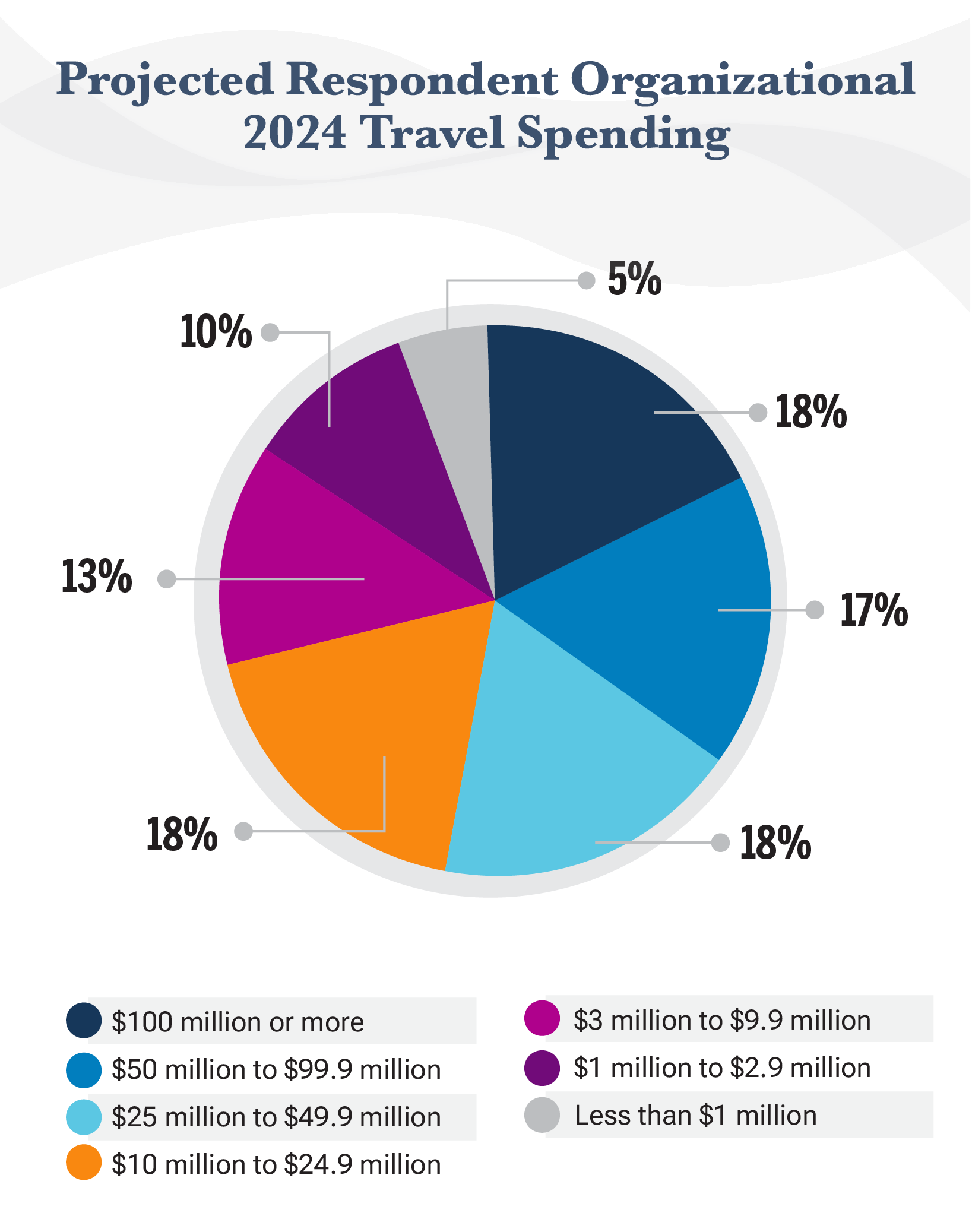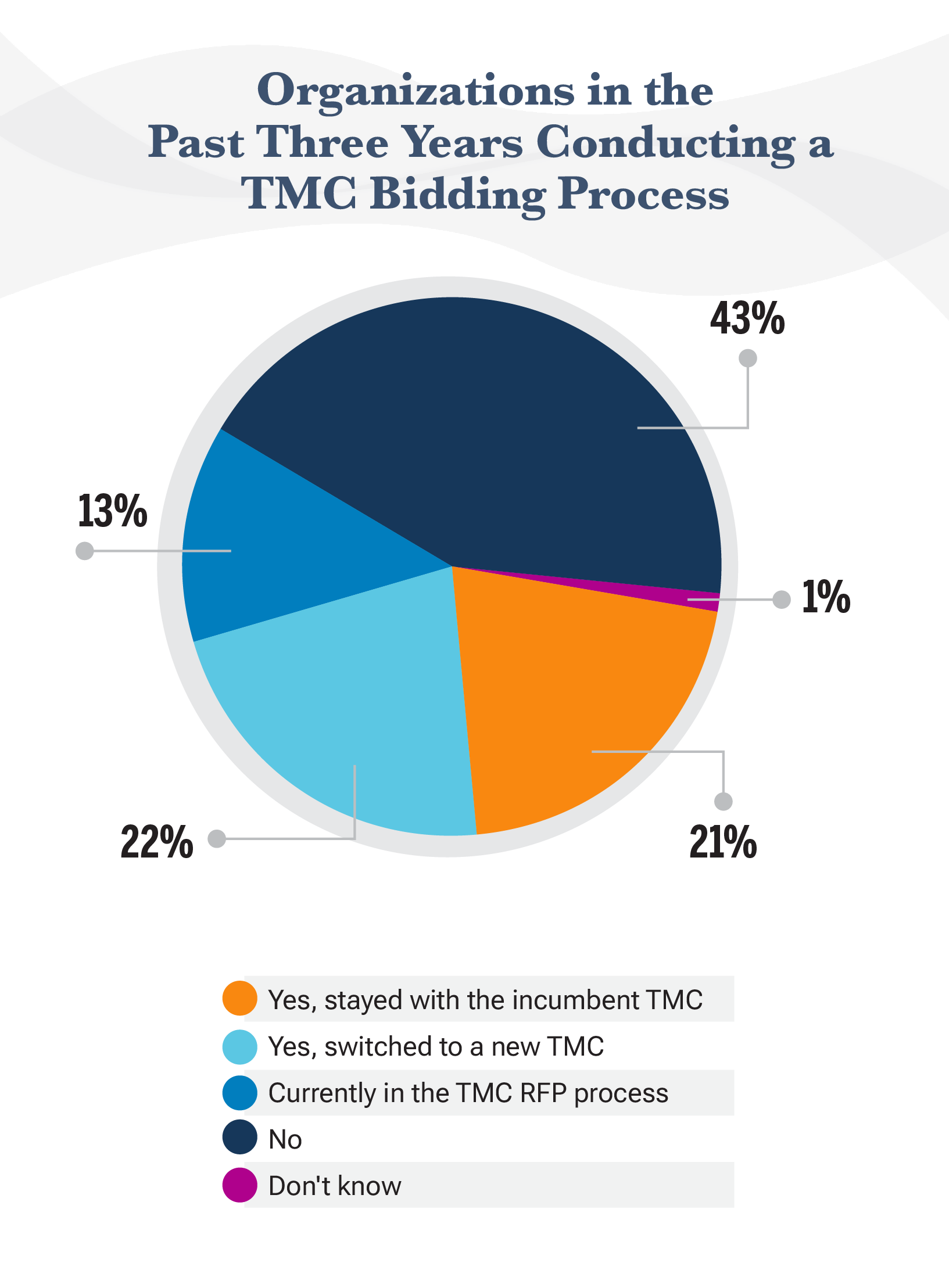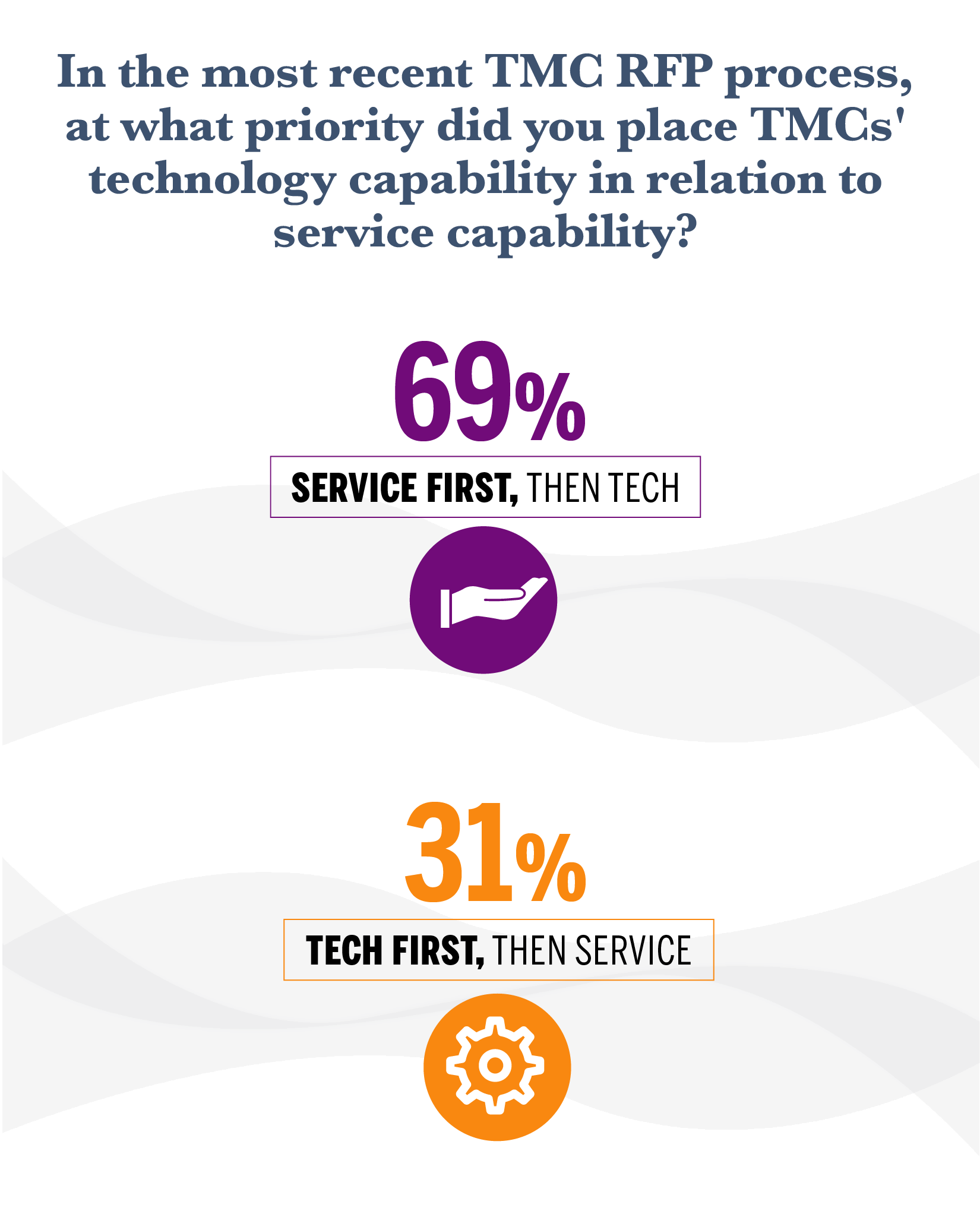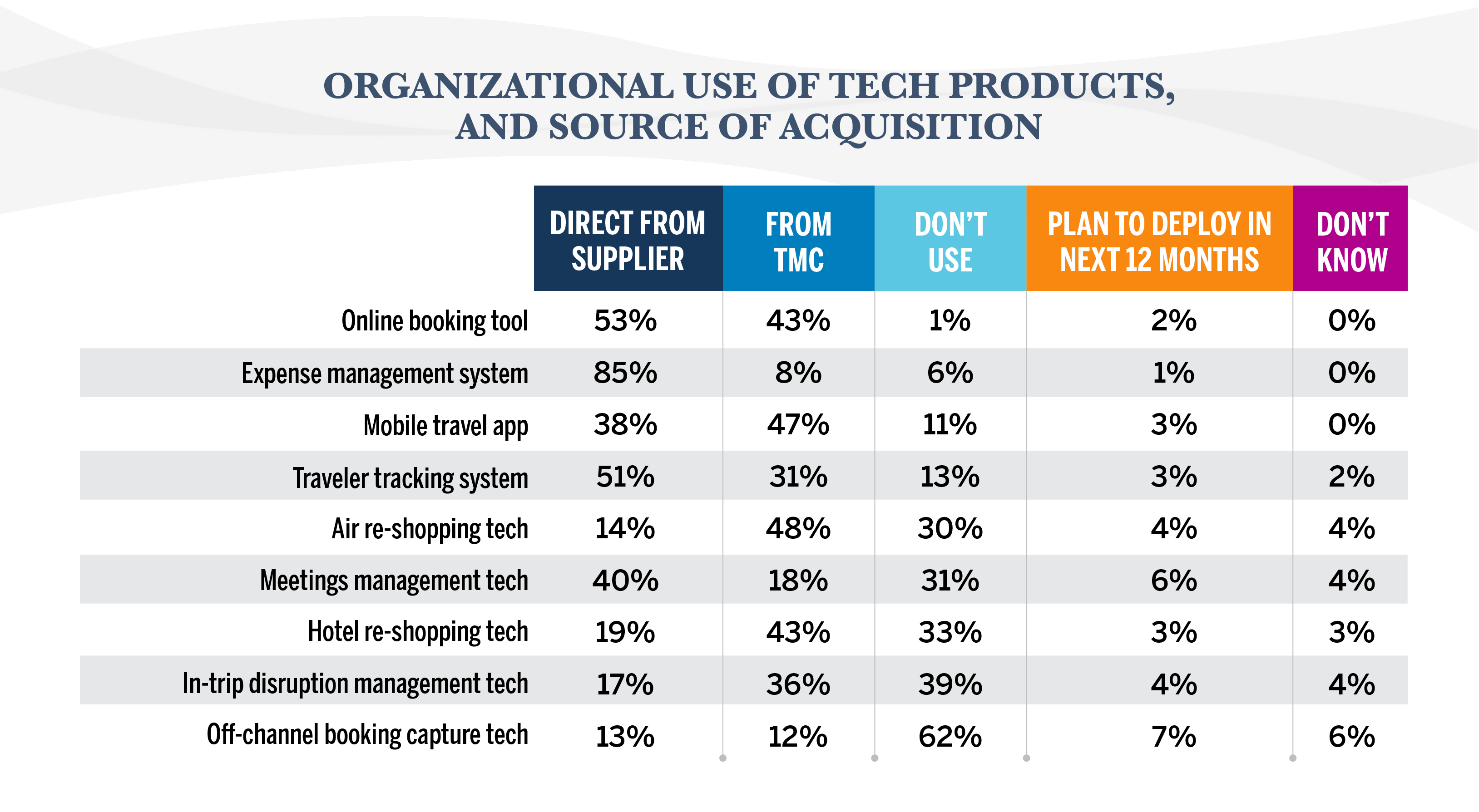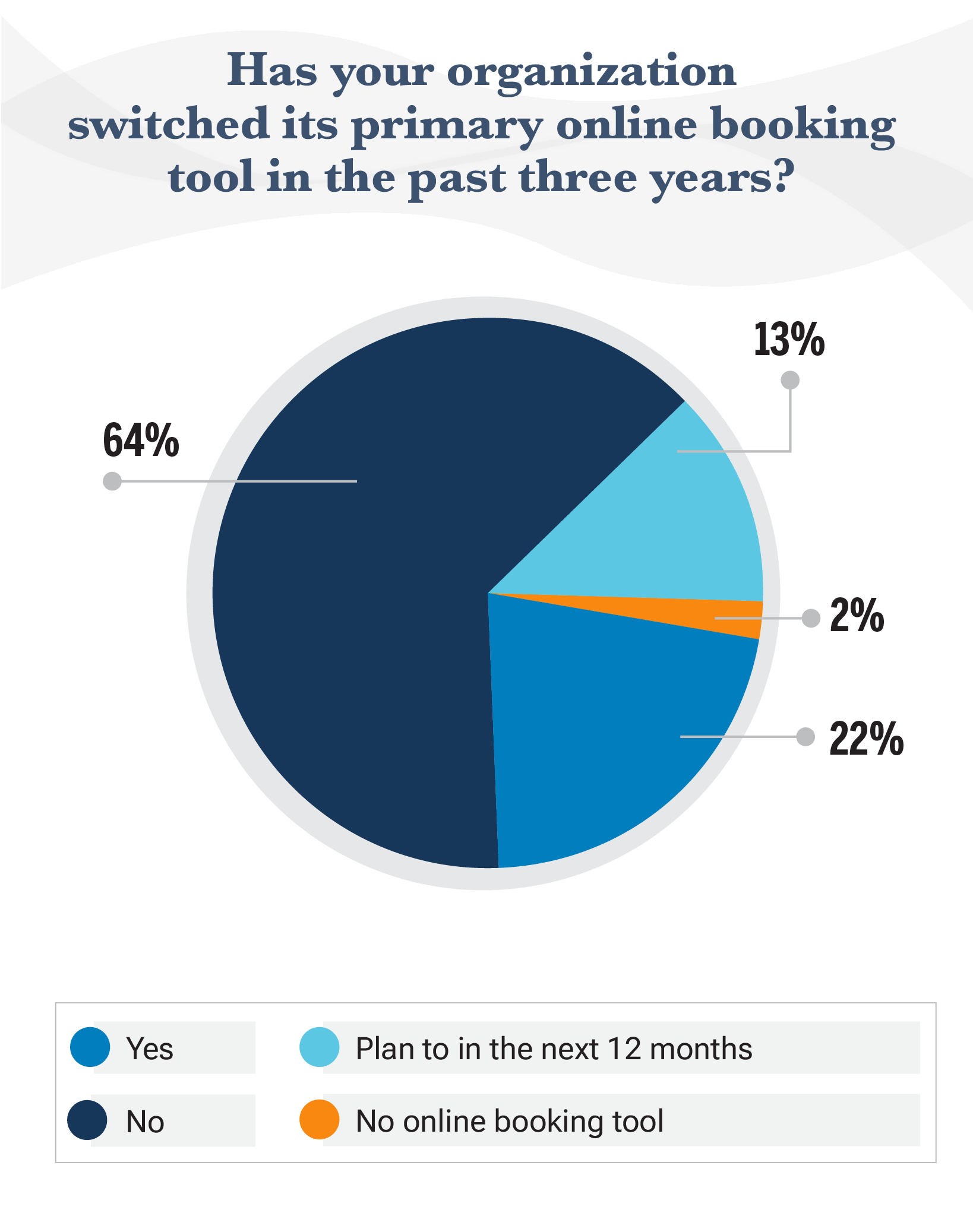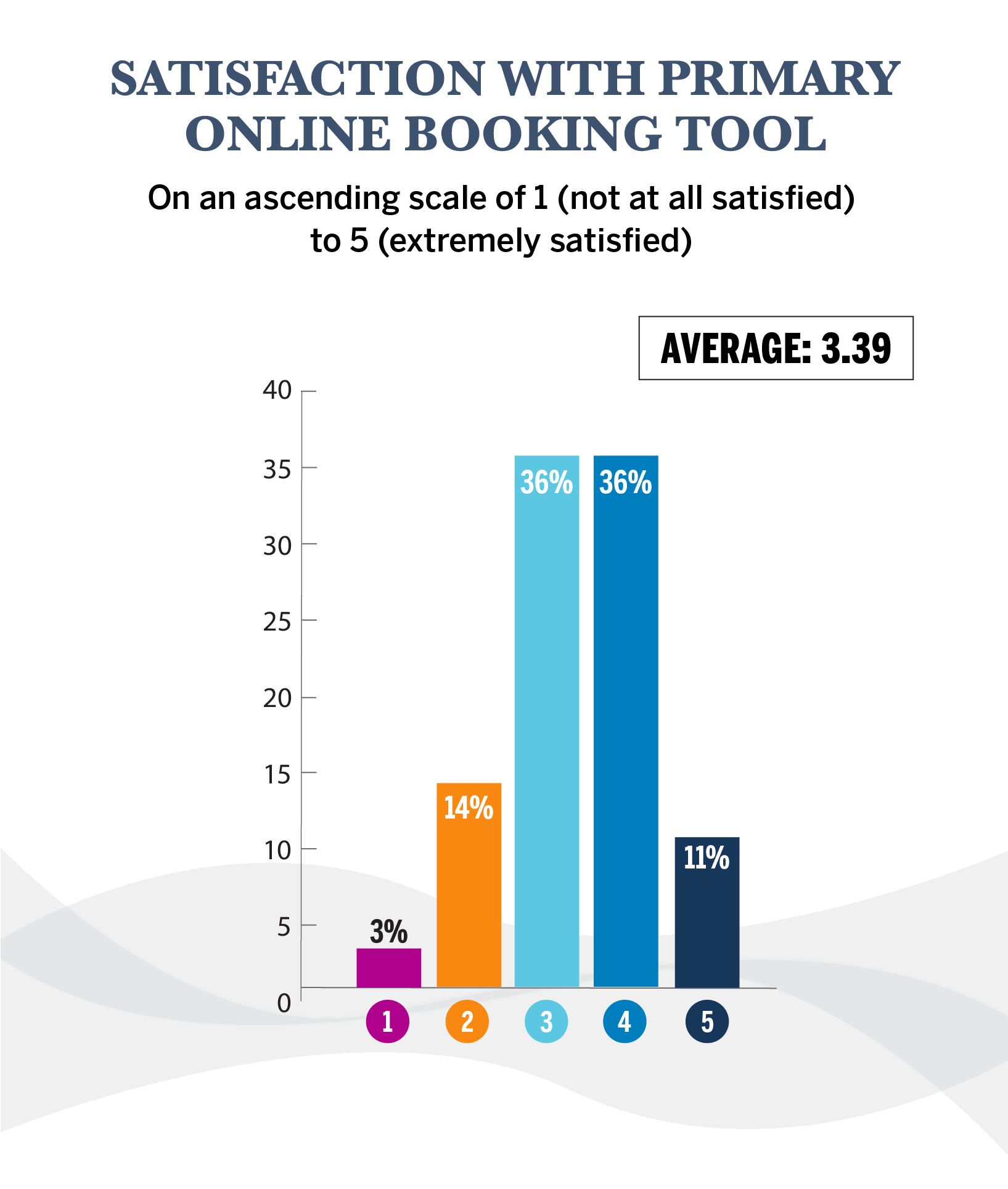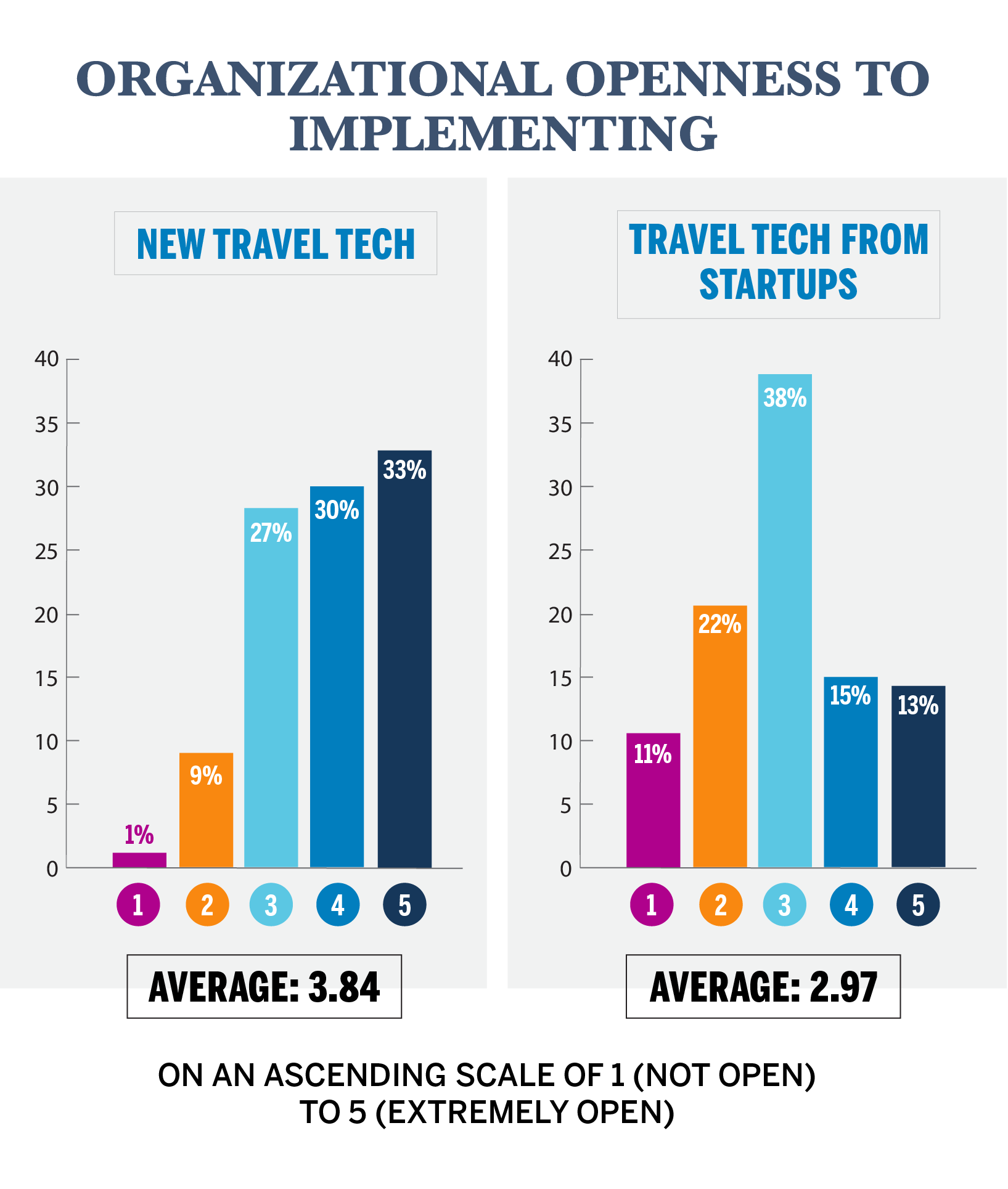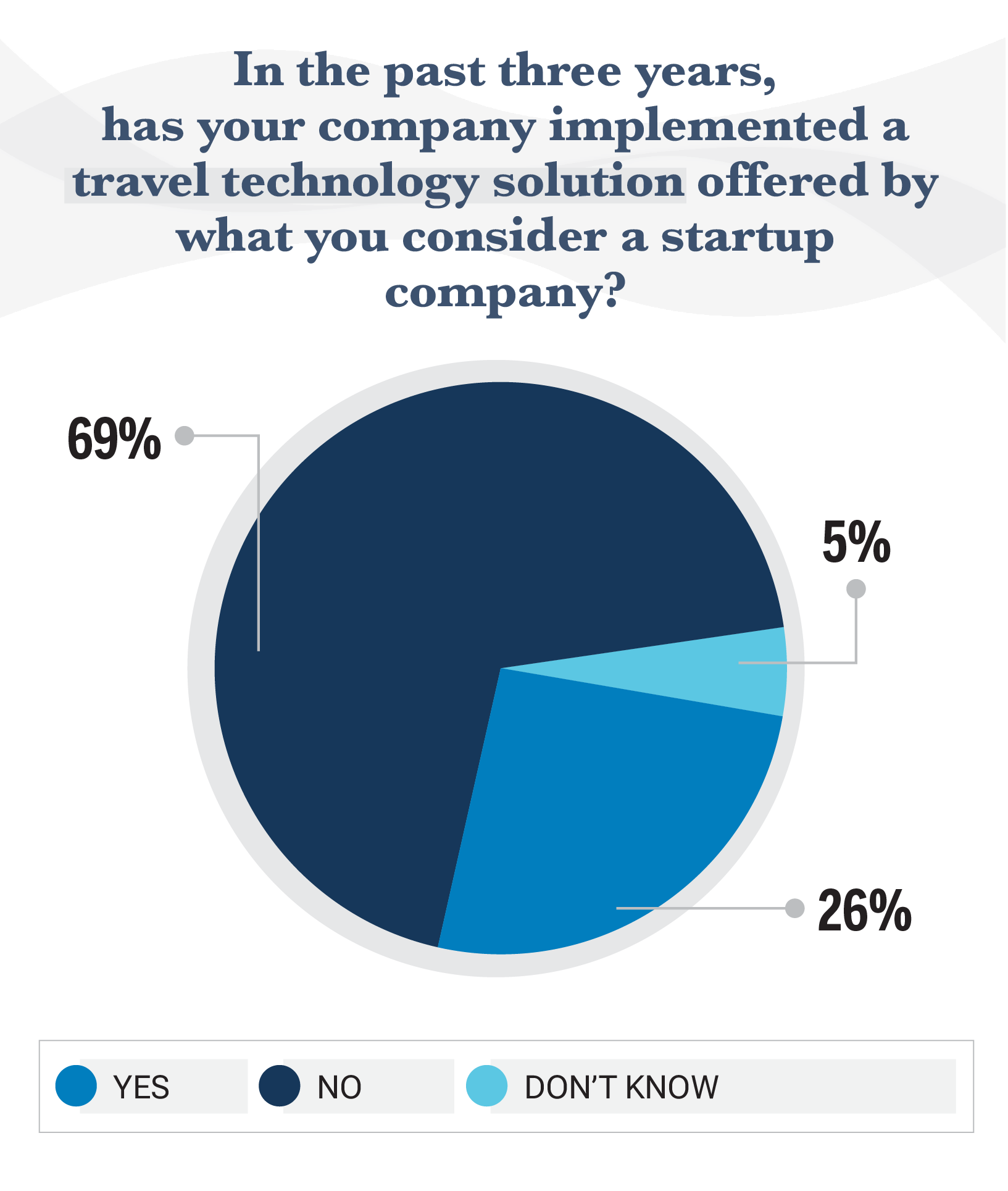Shifting technological grounds in TMC sourcing
BTN's 2024 Travel Tech Ecosystem survey shows how buyers are looking to TMCs to help facilitate their tech needs and using RFPs to assess that ability

As the number of companies providing technology and tools to the business travel industry swells and travel buyers' reliance on those tools to operate comprehensive but cost-efficient travel management programmes increases, so too has the complexity of selecting a travel management company partner who can accommodate the unique technical needs of corporate clients.
TMCs today typically must help manage client set-ups that often include not only the travel technology the TMCs provide but also third-party tools that buyers source directly from suppliers and look to the TMC to help integrate.
From the buyer's perspective, choosing a partner who can adapt to such set-ups is paramount, and doing so requires a comprehensive effort to analyse each TMC's capability to do so. While requests for proposals may be imperfect tools for true assessment, they nevertheless likely are buyers' sharpest weapons to determine whether and how TMCs will be able to facilitate the tech ecosystem they want to build.
How buyers are using RFPs to assess those TMC capabilities, though, appears to be changing.
According to a BTN September-October poll of 152 corporate travel managers and procurement managers, 43 per cent said their organisations in the past three years had conducted a TMC RFP process. About half of them switched TMCs at the conclusion of that process and another 13 per cent said they were currently in the TMC RFP process.
Of those respondents who had completed the RFP process, about 31 per cent said they placed a higher priority on technological capability than service capability. The rest said the opposite, but still a healthy minority made technology the main decision point, and that approach is showing up in RFPs.
"We are seeing far more specific questions around technology, very pointed in topics that typically weren't asked in the in the past," says Fox World Travel vice president of business travel George Kalka. "I'll give you an example: We have started to see the question around the [global distribution system] being used in nearly every bid. In the past, if you were a dedicated operation or a rent-a-plate, that would be expected, but now it's just being asked in nearly every RFP. "
Kalka suggested the increased prominence of the International Air Transport Association's New Distribution Capability airfare standard has raised travel managers' attention to travel technology options.
"I think what NDC has done for the industry is help buyers really understand the entire technology stack that can help support something," says Kalka. "In the RFPs and the responses we're providing, it's [about] wanting to understand the entire tech stack in place, because there's far more awareness of it now."
Noting that concerns around data security, storage and ownership are critical for many buyers, especially those with multinational bids, Kalka also pointed to content availability and controls and flexibility around data involved in distribution as frequent and specific questions in RFPs. He also noted an increasing number of questions regarding Fox's use of artificial intelligence in the travel-support process.
"Buyers want to understand through the RFP how AI is being applied," says Kalka. "But we are seeing some hesitation. We're often asked about chat technology and if AI is part of that, and what we're hearing from buyers is that they want a live agent on the end of it, maybe supplemented by AI in the process. There is some hesitation on traveller interaction with a bot versus a human."
BTN's 2024 Travel Tech Ecosystem survey
152 buyer respondents
TMC bidding activities
143 buyer respondents
Technology-first sourcing strategies
81 buyer respondents

"Technology was 70 per cent of what we needed, and we needed it to fit to our system. When we select a partner, we wanted it to be technologically encompassed into our programme"
Systematic sourcing
Buyers source a variety of technological tools from third parties and through their TMCs. Substantial majorities of BTN's survey respondents who use the technology source their expense management systems and meetings management technology directly from suppliers. But significant majorities of those respondents whose companies use air and hotel re-shopping tools as well as trip disruption management technology obtain them from their TMCs. There are closer divisions between supplier-direct and TMC-provided arrangements for online booking tools, mobile travel apps, traveller-tracking tools and off-channel booking-capture technology.
Where'd you get that: Technology sourcing overview
145 buyer respondents
Technology was a key driver of a recent global TMC RFP for esports management company ESL Faceit Group (EFG), said senior director and head of travel and people logistics Philip Haxne.
"We put technology as a very high requirement in our procurement because we are a young-population company," says Haxne. "We put a high focus on good UI, easy to implement, easy to access and that it resonates from a consumer perspective. The technology we wanted to have was very consumerised. That eliminated a couple of players quite quickly."
Booking tool sourcing activities
143 buyer respondents
Booking tool satisfaction rates
140 buyer respondents
EFG created a prerequisite questionnaire for bidding TMCs that allowed for stakeholder respondents within the company, including human resources, accounts payable and finance, to detail their technological requirements to ensure bidders could meet them and to smooth the bid winner's implementation process.
"Technology was like 70 per cent of what we needed, and we needed it to fit to our system: a good mobile interface, chat functions integration to Slack," says Haxne. "When we select a partner, we wanted it to be technologically encompassed into our programme."
Haxne says some TMCs weren't able to deliver the breadth of content the company would like to see, but that he was satisfied with the finalists' user interfaces. Guest booking capabilities were a key differentiator, he adds.
Referring to third-party travel tech providers as "TSPs" – travel service providers – Partnership Travel Consulting founder and CEO Andrew Menkes says buyers should account for their use within the TMC RFP.
"The travel buyer should not only look at the TMC but also look at potential TSPs, and within the RFP ask the questions of the bidding TMCs in two ways: Are there any TSPs that you won't work with? And list the ones you do work with."
Further along in the RFP process, finalists can be asked more specific questions about particular third-party suppliers the buyer wants to incorporate into the programme, says Menkes.
"When you're getting close to narrowing down the pack, you can say, 'We're considering going with these three. Have you worked with them? Will you work with them? And will you charge us anything if we bring them into the fold?'" says Menkes, noting TMCs occasionally will consider a third-party supplier a competitor and decline to work with them. "You want to know that the TMC isn't going to tack on some type of mark-up for themselves."

"We are seeing far more specific questions around technology, very pointed in topics that typically weren't asked in the past"
Appetite for new tech
143 and 141 buyer respondents, respectively
Adoption of startup tech
144 buyer respondents
Balancing service and tech
Kalka notes an increase in RFPs in which buyers specify direct contracts with outside travel technology providers, with questions surrounding the TMC's ability to integrate with them.
"We have started to see some RFPs with stated technology," says Kalka. "As the TMC, we are seeing more of a need to be flexible based on direct contracts that corporations have. That certainly hasn't lessened any expectation that the TMC brings technology to the table. But because there are technology options and more that you can contract directly and plug into your travel programme... we've seen a result [from that]. Years ago we weren't being asked about a very specific technology and [whether] we can or would be willing to integrate with it."
Fox's Kalka notes that TMC staffing levels were a key concern of many buyers in the immediate post-pandemic period, and associated questions about service capabilities gained increased prominence in RFPs. As many TMCs have subsequently returned to traditional servicing ability, he says, "that pain point has started to shift back towards technology, because in my opinion a forward-looking approach is [determining whether] the technology is going to be able to grow with you over the next several years. Service should be a basic expectation of a travel programme."
One travel manager who spoke with BTN on the condition of anonymity due to an ongoing TMC RFP process in which their company is involved, noted the necessary balance between service and technology in the bid.
"Servicing is at the top of our list. But data is a really important part," the travel manager said. "One of our current TMCs has really let us down throughout the years, especially when it comes to data, and it's such an important part of a travel programme."
What to include and where to get it
An additional wrinkle to the tech procurement process can come when the desired tool is provided by a startup company. There's real hesitation about startups among BTN's respondents – only 26 per cent said their organisations had implemented a travel technology solution offered by what they consider a startup, and on an ascending scale of one to five, the average score from respondents about their companies' openness to doing so was less than three.
The decision to consider a startup will be based in part on organisation need and philosophy. The anonymous travel manager cited mobile solutions, profile management, online booking tools and disruption management, among others, as key technological services about which bidding TMCs were assessed. Not all were able to accommodate the company's needs, the travel manager said.
The unique particulars of the travel manager's programme can make startup technology a difficult fit, but the travel manager does like to maintain relationships even with the third-party vendors whose products are sourced through the TMC to help ensure they're aware of new developments.
"These people talk about these new technologies they've got available, but often the TMC doesn't have that as part of their offering," the travel manager said.
Startups can provide value in certain situations. EFG's Haxne says that his company will use TMC-provided tech "for the core stuff," but "for the things that are specific to our needs, we'll be looking outside."
Haxne says he closely monitors the landscape of startup technology companies, often asking peers if they've seen anything of interest. Additionally, he noted he has served as an advisor to some startups and sometimes is contacted directly by new entrants.
"There are some small, really smart players out there that don't get the attention that they need," says Haxne. "We're looking at those, the disruptors, the smaller ones, the ones that can be agile, [ones] we can co-develop, even."
Working with startup companies can help lead to technologies that can be very specifically tailored to the client's needs, Haxne notes. On the other hand, financial precarity often is a significant risk, and Haxne says it's important to understand their ability to remain a going concern.
"You make sure that they have a runway long enough," says Haxne, adding that the client could provide funding particularly to startups with which they are co-developing a product. "That is number one, because the worst thing that can happen is that we go in and work with somebody who has a three-month runway and we are their big bet. That's never a good thing. They at least have to have some kind of substance behind them."

